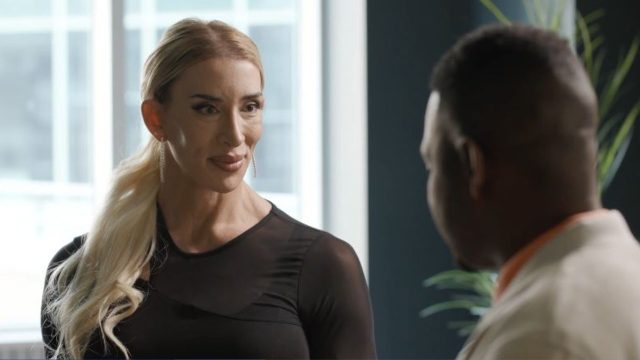
When it all finally caught up with him, that day in early February, the first thing Brock McGillis felt was relief. It had been three months since he’d begun his whirlwind journey across Canada, sharing his story with teenaged hockey players throughout the country. Arriving back home, having completed the lofty mission he’d planned out — a trek, dubbed the Culture Shift Tour, that saw him speak with 100 minor hockey teams over 100 days, in seven different cities and five different provinces — he felt the weight of it all fall from his shoulders.
“By the end, I was quite tired. I was grateful. It was an emotional time,” he says. “I was just so thankful for the whole experience.”
McGillis’s story is well-known in hockey circles by this point. In 2016, the Markstay, Ont., product became the first professional men’s hockey player to publicly come out as gay. In the near-decade since, he’s become a leading advocate for the LGBTQ+ community in the hockey world, and across the sports landscape at large. But the Culture Shift Tour served as a landmark step for McGillis. After years of speaking to leagues, teams and athletes at every level, working to bring change to the game by humanizing the experiences of LGBTQ+ people within it, the Tour served as the culmination of a dream. “It’s something I’ve always wanted to do,” McGillis says.
It was in 2018 that a specific vision for the project began running through his mind, and 2021 when it started to find life, with sponsors coming on board. It finally got off the ground in November 2023 — a 100-day adventure through Vancouver, Calgary, Edmonton, Winnipeg, Montreal, Ottawa and Toronto.
“I couldn’t believe it was happening. It was sort of surreal,” he says, thinking back to the first day, when he set off for the first session in Vancouver. “Something I’d been dreaming up for, you know, five years had come to fruition. That was pretty cool in and of itself, because it was like, ‘You’re on the right path. Those dreams you have, the things you want to do in this world, will happen.’”